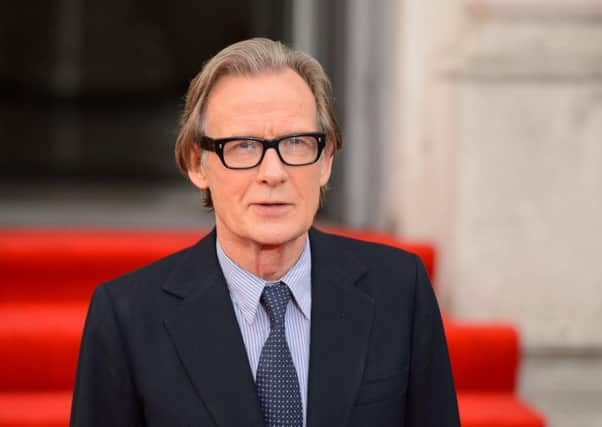Why the arts must not be squeezed off the school timetable


I didn’t grow up in a theatre going family, it just wasn’t something we did. In fact it was only when to university that I discovered live performance. All of a sudden there were people putting on plays, people who wanted to act and direct and that’s when my own world became a lot bigger.
That is what the arts does. Since it was set up in 1985 our company’s remit has been to work with and for young people in schools. Often there is a link to the curriculum, but always it’s about telling compelling stories.
Advertisement
Hide AdAdvertisement
Hide AdThe work we do gives them the space to think about what is happening around them, to reflect and question, and to imagine themselves and the world differently. It’s about developing empathy and promoting the ability to think about issues in the world today. Essential skills for a modern, diverse society. Using drama and theatre in this way prepares children and young people for the world beyond their school gates. That, I think, is worthy of any formal qualification, but it is becoming increasingly difficult to do. In fact I would go further and say that I have never known it as tough.
The landscape of our education system has been completely reshaped. In recent years the focus has been on a rigorous sense of academic attainment. Quite right some might say, but it has come at a cost. There has been a real narrowing of the subjects that schools can deliver and the arts have been marginalised.
It has been most acute in secondary schools where every minute of the day is directed towards getting the best GCSE results possible. The impact the arts has on young minds can’t be measured in a league table and specialist arts subjects such as drama have become increasingly sidelined.
As a result there has been a lower takeup at GCSE, departments have closed and budgets reduced. Arts GCSEs in schools have gone down by 20 per cent since 2010 and Department for Education statistics published in July 2015 show the number of hours the arts were taught in secondary schools fell by 10 per cent and the number of dedicated teachers in those subjects dropped by 11 per cent.
Advertisement
Hide AdAdvertisement
Hide AdThis means that there is less support from within schools to bring in external arts organisations, making access to these subjects even more difficult for. If we are to sit back and let schools become arts free zones, then it really poses questions about what and who education is for. However, we are not going to sit back. We are determined to make a change.
As our patron Bill Nighy says: “Theatre does something nothing else can. It allows children to find things out about themselves and each other and the world in a singular fashion. It involves language and ideas as well as physical expression and an opportunity to investigate behaviour and manners, which can uniquely illuminate subjects such as history and politics. It is unbeatable in providing a framework for children to gain confidence and plays its part in the democratising process essential to a sane and balanced life. It does these things better than anything I’ve come across.”
Young people are growing up in a world where technology shapes how we live and engage with each other on a daily basis. A world that despite us knowing more about one another than ever before, is filled with divisions and inequalities. A world in which information is instantly available, but where ignorance, fear and hatred can still prevail.
How do we prepare such young people to take up their place in this world, not passively, but as participants? One of the ways I believe is through theatre taking place in performance venues, in communities and crucially in schools.’
Deborah Pakkar-Hull is artistic director of Leeds-based theatre in education company Blah Blah Blah.